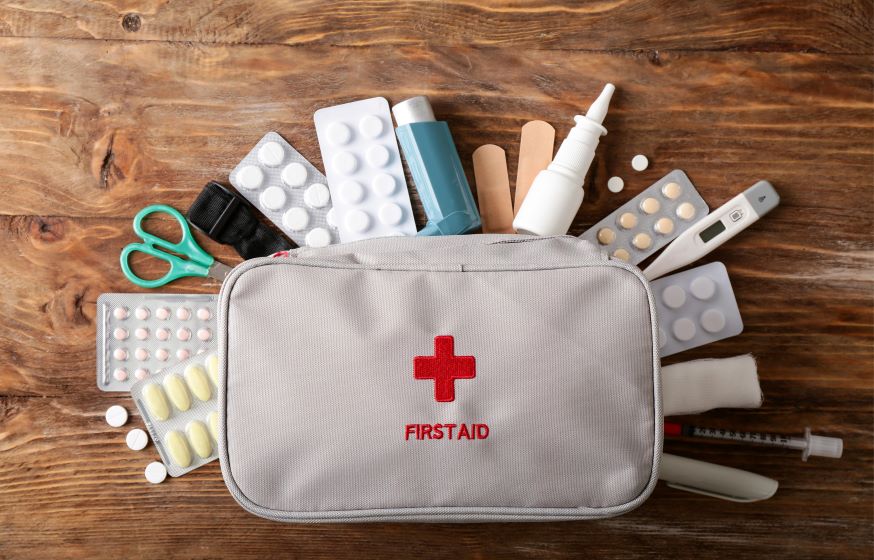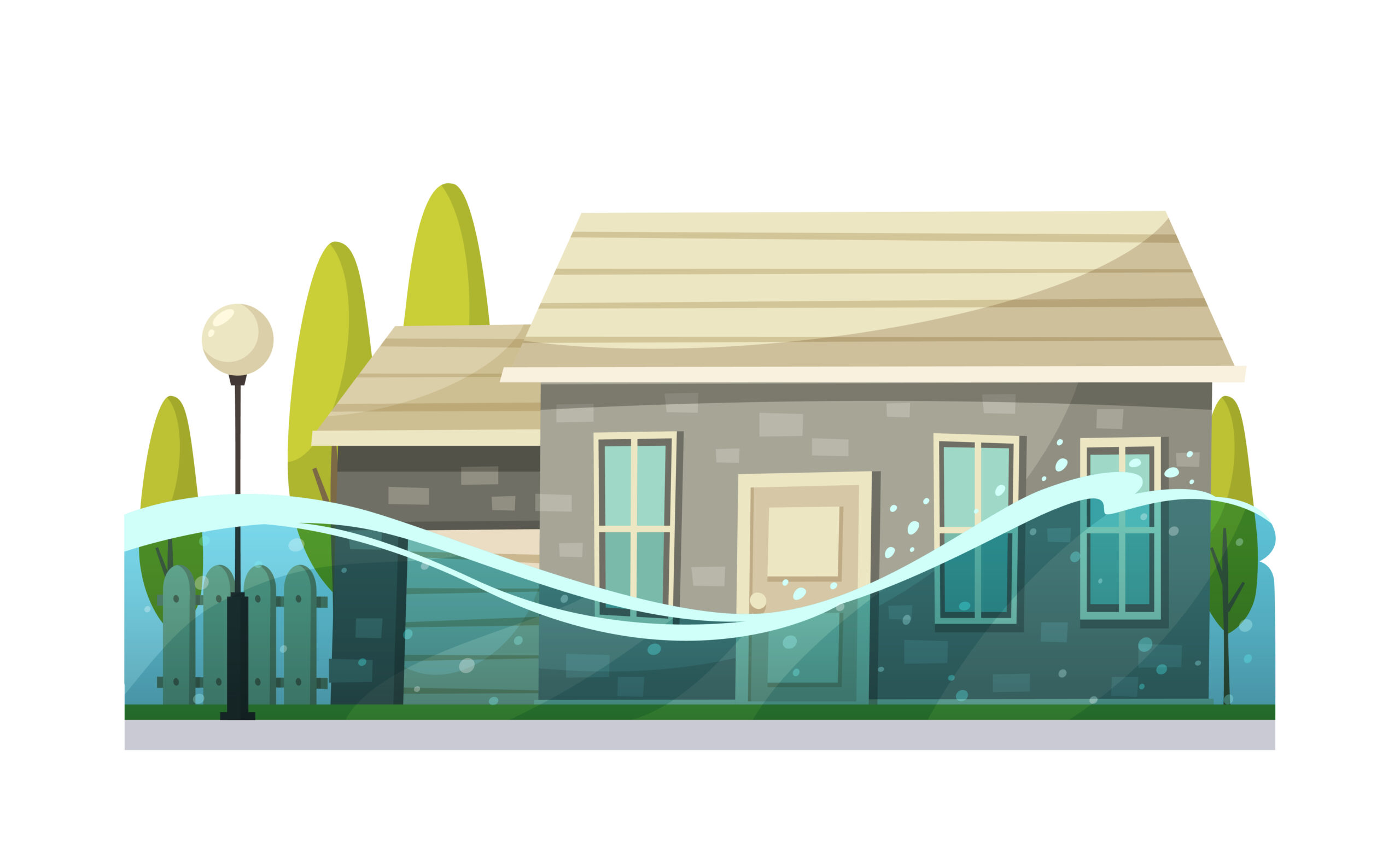Heartburn is the uncomfortable burning sensation you feel in your chest. You may have experienced it in the past and probably thought it was not a big deal.
Wrong move.
When it comes to your health and well-being, you should be diligent in noticing the warning signs. Heartburn is not a ‘misplaced’ sign or not a big deal. In fact, it may be a warning sign of a much deeper medical issue.
What is Heartburn?
Heartburn is a common ailment that affects much of the population, and it occurs for many reasons. The uncomfortable sensation in your chest starts when the digestive acid escapes the stomach. It will then irritate the delicate lining in your esophagus straight to the heart, causing heartburn.
It is often a result of certain food groups or overeating. Foods and drinks that can trigger heartburn in some people include spicy foods, fatty or fried foods, alcohol, chocolate, citrus, tomato products, and more.
In most cases, heartburn can be treated by taking over-the-counter acids. But in rare cases, heartburn is a symptom of bigger problems that require an urgent medical solution.
Frequent Heartburn – Symptoms and Causes
If you are having frequent heartburn (twice or more in a week), chances are you have gastroesophageal reflux disease (GERD). GERD is a digestive disorder that affects the ring of the muscle between your esophagus and your stomach. It is called the lower esophageal sphincter (LES), or the muscle that connects your esophagus to your stomach.
Heartburn triggers can be from many different factors that are part of your everyday life. For many, it can be caused by eating and lifestyle habits. As mentioned earlier, it can involve eating certain foods or the unhealthy habit of eating in large portions. It can also happen due to eating a few minutes before bedtime or even having high stress levels.
Heartburn is the most common symptom of GERD, but other symptoms may include:
- Difficulty swallowing
- Hoarseness in the throat
- Having to clear the throat frequently
- The feeling of having food “stuck” in the part of the esophagus
- Recurrent sore throat
- Frequent coughing and/or wheezing
Heartburn Treatment
Treatment for heartburn will depend on how mild or severe your symptoms will be. For mild heartburns, you can treat it with over-the-counter medicines, including:
- Antacids
These medications can lessen the acid in your stomach that helps to ease heartburn pain. It neutralizes the stomach acid, which may provide quick relief. Antacids are also known to help with stomach pains, indigestion, and gas. However, it is important to note that antacids cannot heal a damaged esophagus from stomach acid.
- Acid blockers and proton pump inhibitors
Acid blockers work by blocking and reducing the production of stomach acid, giving the damaged esophageal tissue the time to recover. While proton pump inhibitors (PPIs) help prevent heartburn and other burning sensations accompanied by GERD.
Both medications can lessen the number of acids produces and calm symptoms of acid indigestion.
If over-the-counter treatments do not relieve symptoms or you rely on them often, it is best to see your doctor. You may need prescription medication and conduct further testing.
Other home first aid remedies for heartburn include:
- Lifestyle changes: lose weight, quit smoking, limit alcohol intake.
- Avoid foods that can trigger symptoms and replace them with healthy foods.
- Eat slow and avoid overeating.
Conclusion
Heartburn can be treated at home with over-the-counter medications, first aid remedies, and changes to lifestyle habits that cause it. There are occasional heartburns that are common and are typically not serious. However, if you are having frequent and severe heartburn, see your doctor for further advice.
Learn first aid to know how to perform CPR if the person experience breathing difficulties.








